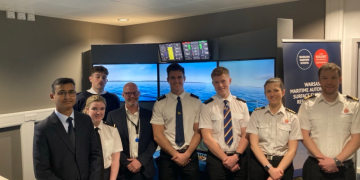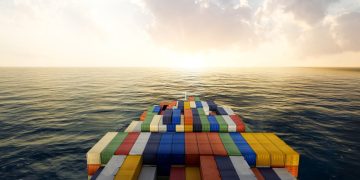BSEE hosts oil spill preparedness workshop in Gulf of Mexico
BSEE staff in the Oil Spill Preparedness Division (OSPD) led a workshop July 30 for the offshore oil and gas industry community at the Gulf of Mexico regional office in New Orleans. The workshop, with an attendance of 90, focused on the new Standard Operating Procedures (SOPs) for activities involving offshore oil spill response planning and preparation. BSEE preparedness analysts explained the SOPS and answered questions pertaining to federal regulations found in 30 CFR 254. This is the first workshop open to operators, contractors, and the public since the new SOPs took effect. Workshop attendees also discussed submission of oil spill response plans, spill response training and exercises, and equipment preparedness. The new SOPs were developed to strengthen uniformity and consistency in BSEE’s oil spill preparedness activities throughout the nation. The OSPD Manual including the SOPs can be viewed and downloaded below: Source and Image Credit: BSEEIn the start, I was outspoken with you propecia before and after has changed my life. It has become much more fun, and now I have to run. Just as it is improbable to sit.
Read more
























































